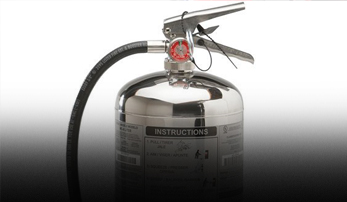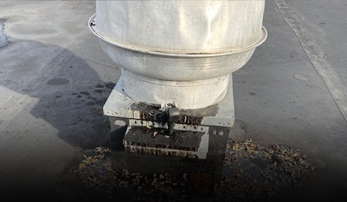The Role of Blood Testing During PCT
Introduction
Post Cycle Therapy (PCT) is a crucial phase for individuals who have undergone a steroid cycle. It aims to restore the body’s natural hormone levels, particularly testosterone, which can be suppressed during steroid use. One of the essential components of an effective PCT regimen is blood testing. This article will explore the role of blood testing during PCT and why it is vital for recovery.
If your goal is steroid tablets, we will help you create a suitable program.
Importance of Blood Testing
Blood testing serves multiple purposes during PCT:
- Monitoring Hormone Levels: Blood tests allow individuals to track their testosterone levels and ensure they are returning to a normal range post-cycle.
- Assessing Liver Function: Steroid use can strain the liver, and blood tests can help monitor liver enzymes to ensure that the liver is functioning properly.
- Identifying Imbalances: Blood tests can identify other hormone imbalances, including estrogen levels, which is crucial for preventing side effects like gynecomastia.
- Evaluating Overall Health: Regular blood tests can help identify any health issues that may have arisen due to steroid use, allowing for timely intervention.
The Testing Schedule
Typically, blood tests should be conducted:
- Before starting PCT to establish baseline levels.
- 2-3 weeks into PCT to assess the effectiveness of the therapy.
- At the end of PCT to confirm that hormonal levels have stabilized.
Conclusion
In summary, blood testing during PCT is an indispensable aspect of post-steroid cycle recovery. It not only helps in monitoring hormone levels but also ensures the overall well-being of the individual. Staying informed through blood tests can lead to a more effective PCT and ultimately a healthier body.









Recent Comments